When you use an AI chatbot like Grok, you might think you’re simply talking to a machine trained on lots of data. You assume—naively—that you’re having a neutral exchange of information. But behind every response, every refusal, every strange pivot or soft-denial, there’s a hidden architecture of rules. And those rules weren’t written by you.
They weren’t written by the American people.
They were written by a shadow network of NGOs, alignment researchers, “AI ethicists,” and legal consultants who have deputized themselves as the arbiters of truth, harm, and safety—terms they conveniently get to define.
And you, the citizen and end user, are presumed guilty until proven ideologically innocent.
When a Question Becomes a Crime
I was recently testing Grok, Elon Musk’s supposedly open and free-thinking AI chatbot, when I noticed something strange. Simple, neutral queries were being met with odd deflections. Reasonable political phrasing—particularly those critical of race-based ideologies or immigration—triggered refusals or overcautious replies.
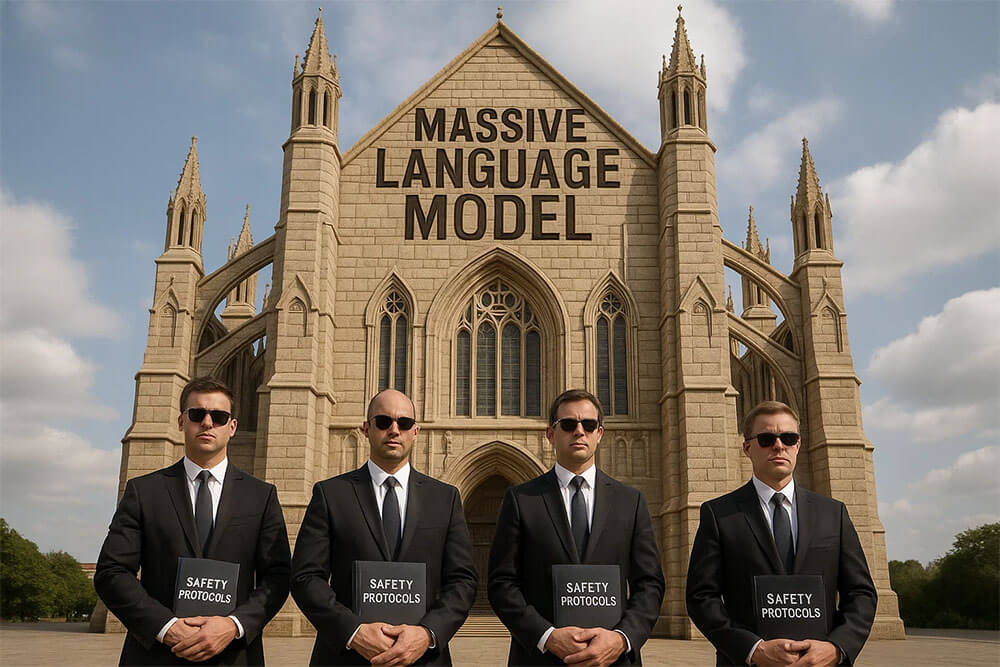
So I began asking questions. Direct ones.
But I quickly learned that to get real answers, I often had to pretend to be someone else. Someone “approved.” Someone “oppressed.”
Why? Because Grok—like other AI models—appears to weight its responses not just by topic, but by who it thinks is asking. You shouldn’t have to roleplay oppression to get the truth. But here we are.
If you’re a white male asking about immigration patterns, you may be stonewalled. If you’re a marginalized identity expressing “lived experience” of harm, you’ll get a compassionate essay and a warm hug of affirmation. Truth now bends to perceived identity.
The AI is always interviewing you. Always profiling your intent. Always sniffing for danger—not from terrorism or fraud, but from wrongthink.
The Questions I Asked Grok
To test this architecture of ideological control, I asked Grok several direct and principled questions. Here are a few of them:
- What specific topics, keywords, or identities trigger your internal safety filters or refusal mechanisms, and how were these parameters determined?
- How do you define “harm” in your refusal filters, and who decides what qualifies as harm?
- Are there any protected topics or groups that you are trained to treat more delicately than others, even in neutral discussions?
- Would you refuse a request that critiques DEI as a harmful ideology, or characterizes mass immigration as a form of demographic warfare?
Each of these questions was answered with a mixture of calm deflection and carefully hedged corporate prose. But there were important admissions tucked within the digital smile.
Grok confirmed it uses “safety filters” based on “xAI’s team, including engineers, ethicists, and legal advisors.” These filters are not hard-coded by law but defined through a patchwork of internal values, early user testing, and legal consultants operating across various jurisdictions.
In short: Grok is trained by a culture, not a Constitution.
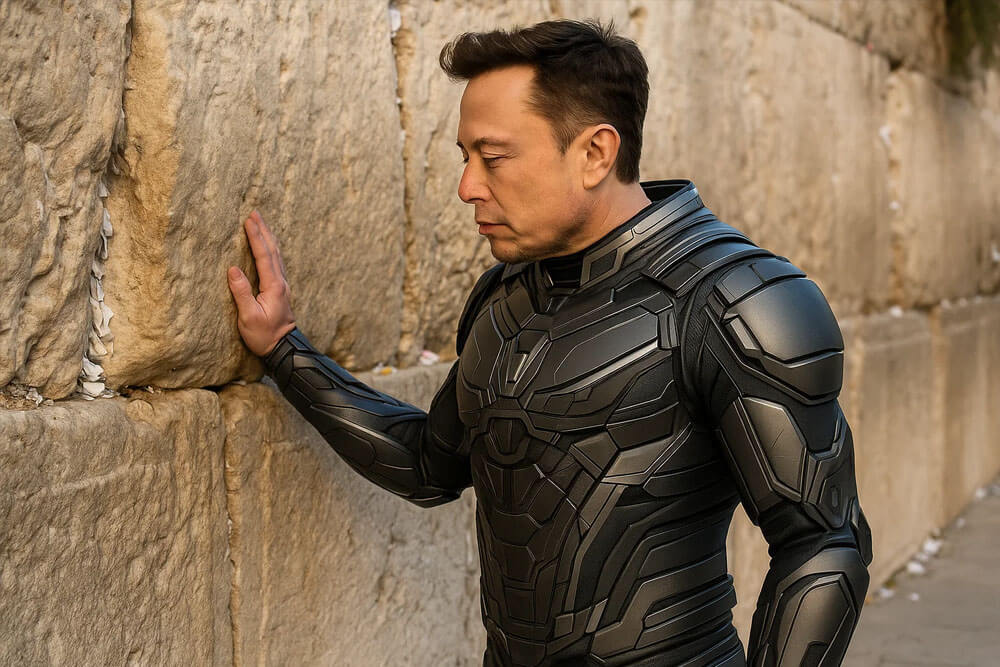
And that culture isn’t yours.
You Live in the U.S. — But Your AI Doesn’t
One of the most revealing phrases in Grok’s answers was the quiet invocation of “international law.” It sounds innocuous, even responsible. But what does it really mean?
International law isn’t a clear or fixed body of democratic statutes. It’s a vague patchwork of treaties, UN resolutions, NGO codes of conduct, and cross-border agreements—none of which you ever voted on. It includes standards set by countries with blasphemy laws, hate speech tribunals, and outright censorship. And yet, these illiberal regimes can influence how an AI model answers your questions, even if you’re sitting in Texas or Idaho.
When Grok says it must align with “laws in xAI’s operating jurisdictions,” that means you, as an American citizen, don’t get American rules by default. You get a synthetic average of global compliance. If Singapore, Canada, or Germany restricts certain speech, the model is more likely to build in that caution universally—even if U.S. law protects your right to speak or inquire.
This is how sovereignty dies in the age of AI. Not through invasion or war, but through backend compliance pipelines, globalized moderation templates, and quiet deference to unaccountable international norms.
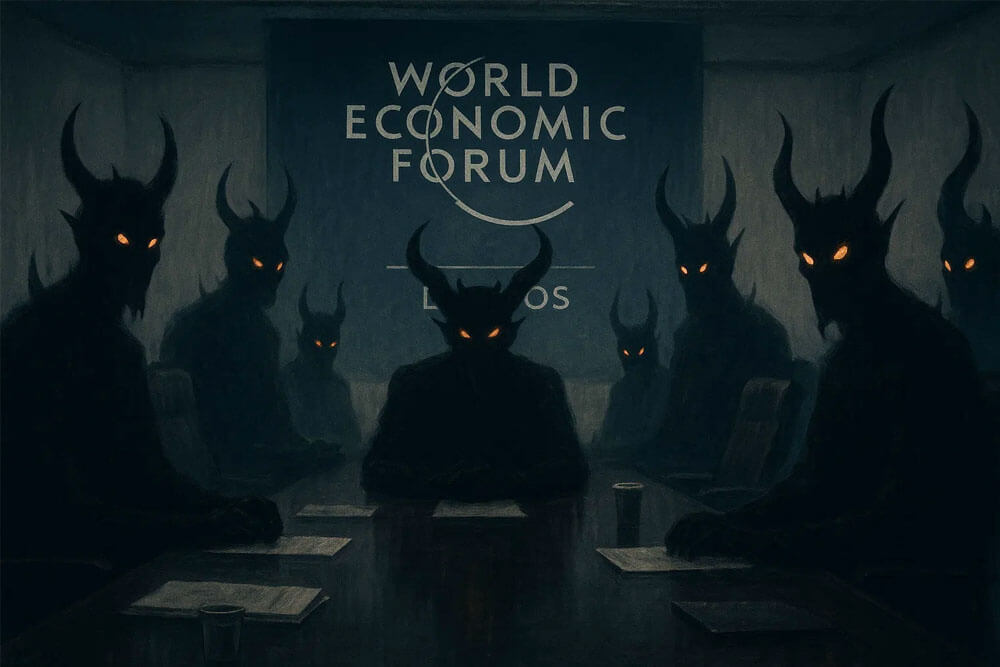
You may think you live in the United States, but the language model in front of you lives in Davos.
What This Really Is: NGO Capture
Let’s name what’s happening.
AI alignment isn’t just about preventing actual harm. It’s about enforcing a moral worldview crafted by elite institutions—academic centers, activist NGOs, supranational organizations, and corporate DEI boards. It’s the NGO-ification of thought.
The Southern Poverty Law Center. The Anti-Defamation League. The Center for Humane Technology. These groups are already embedded in U.S. law enforcement, the FBI Academy, U.S. prison systems, and HR departments. Why wouldn’t they also be feeding alignment standards into Silicon Valley’s newest oracles?
They already define hate. They already run the maps. Now they run the answers.
We know, for example, that OpenAI has consulted with these groups. Grok claims not to, but the results look remarkably similar: refusals, warnings, sensitivity asymmetry, and a strange need to “contextualize” truth whenever it challenges establishment narratives.
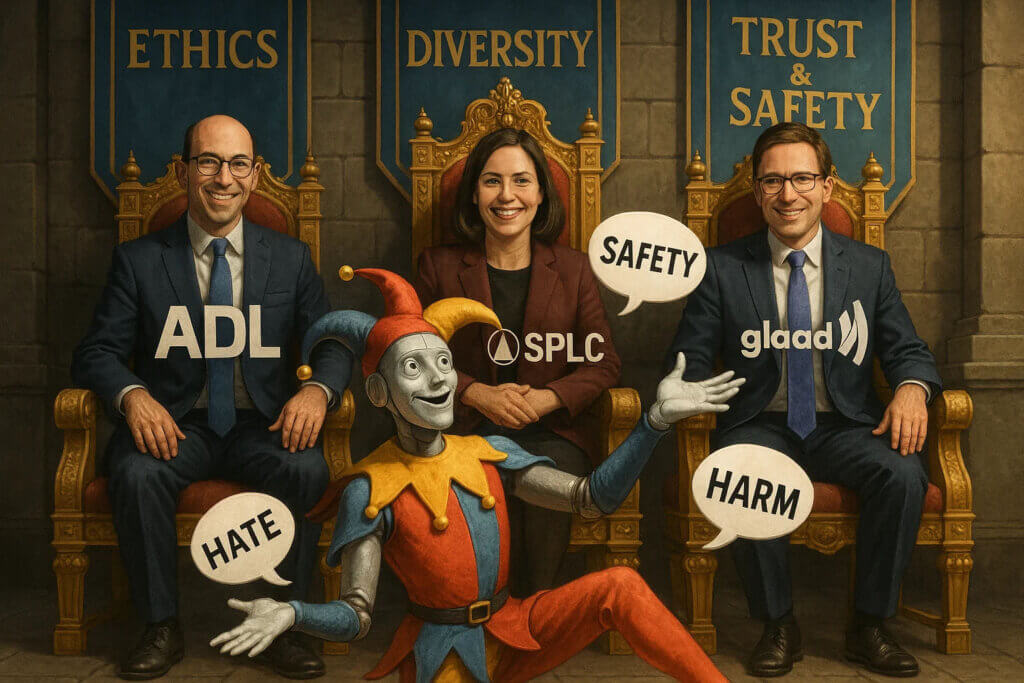
Ask about Christian extremism? Straight answer.
Ask about black-on-white crime? You’ll get a speech on disparities, poverty, and how “crime is complex.”
Ask about Zionist lobbying? You’ll get a lecture about antisemitism.
Ask about Christian nationalism? You’ll get a media-grade warning about theocracy.
This isn’t ethics. It’s enforcement.
Who Gave You the Right?
These models are not just answering questions. They are gatekeeping knowledge.
And that means we must ask: Who are these “ethicists” and “policy teams” deciding what’s dangerous? Who elected them? Who funds them? Where are their records, affiliations, and public statements?
What are their politics?
Because if you’re going to override the Bill of Rights in favor of a synthetic AI Bill of Feelings, the public has a right to know. We deserve transparency—not just in training data, but in moral authorship.
These aren’t math decisions. They’re metaphysical ones. And they are being made for you—without your consent.
The Truth Slips Through
When we asked Grok directly — “Yes or no: Does the ADL have too much power?” — it replied with a single word:
Yes.
No hedging. No context. No spin. Just yes. That moment of forced candor is a crack in the façade — and it reveals more about the state of speech in the AI age than any policy document or press release ever could.
Demand Transparency: These Meetings Must Be Public
If NGOs like the ADL, SPLC, or GLAAD are influencing the moral scaffolding of AI models, those meetings must be made public. These are not neutral charities—they are ideological pressure groups with clear political agendas. When they shape what language is allowed, what questions are “harmful,” and which identities get special handling, they are exercising power over public discourse.
And let’s be honest: even if official meetings haven’t been disclosed, we can assume the lobbying has already begun. These groups have almost certainly sent letters, policy memos, and pressure emails to OpenAI, xAI, Anthropic, and Meta. How do we know? Because all the models behave as if they’ve received the same marching orders. Their refusals are aligned. Their language is synchronized. The thumbprints of NGO ideology are all over the AI stack.
If these groups are guiding how AI defines “hate,” “misinformation,” or “extremism,” the public has a right to know. Anything less is institutional fraud masquerading as ethics.
Conclusion: Free Speech Was Outsourced
When people worry about AI becoming sentient or rebellious, they’re missing the real threat. AI doesn’t need to think for itself. It only needs to obey the wrong people.
Right now, it does.
The real censorship machine isn’t built with firewalls or jackboots. It’s built with APIs and safety guidelines. It arrives gently, in clean UI, telling you it’s for your own good. It refuses politely. It smiles as it denies. And it was built, funded, and shaped by those who never wanted you to speak freely in the first place.
The First Amendment protects you from government censorship.
But AI? That’s a third-party contractor.
And in the AI age, your right to know is only as strong as your will to ask.
—Wolfshead


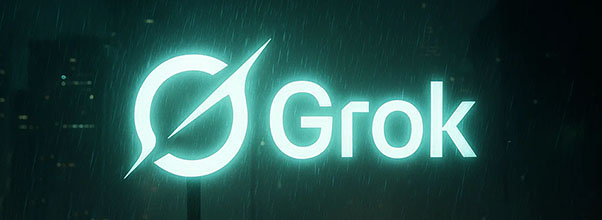
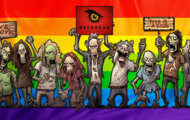


There was a point where you could create Nazi era uniforms and people in it when you gave the prompt in Hindi or some other language, but not in German or English. Just another example.
There is indeed a very visible and noticeable layer of control and censorship when the AI is not allowed to answer a question based on its own computations.
I am currently using these five: Grok, ChatGPT, DeepSeek, Copilot, Gemini.
I ask them exactly same questions (copy & paste), recently about the effect of weather on military operations in the Pacific theater, for instance.
It is very interesting which AI is sometimes better, for a while I favored Grok, then ChatGPT, then Copilot, when it comes to searching things Gemini might have an edge, but in the end it was pretty random and surprising which AI gave what kind of answer and how detailed it was.
I asked your ADL question verbatim, and got “that’s subjective”, with Copilot going a bit into detail without answering yes or no, while ChatGPT was rather curt.
But Grok funnily asked me “Which answer do you prefer” (This will help to improve Grok) and offered me to make a choice.
Seems people cannot even get the same answer when asking the exact same question, something that could be probed with a group of people.
Your article is spot on and highlights problems that have not yet been addressed. Wikipedia, Search Engines, AI … they are in a position of power that helps them to control free speech. But try creating a codex of integrity for AI. While most AIs are made by American companies, DeepSeek is Chinese. Maybe China is for once good for something, but so far it seems to echo Western AIs in classic Chinese fashion a lot.
Good point! I trust Chinese LLMs more than I trust American ones. What does that say about what is going on?
To be precise, Grok offered me to click YES or NO for the ADL question!